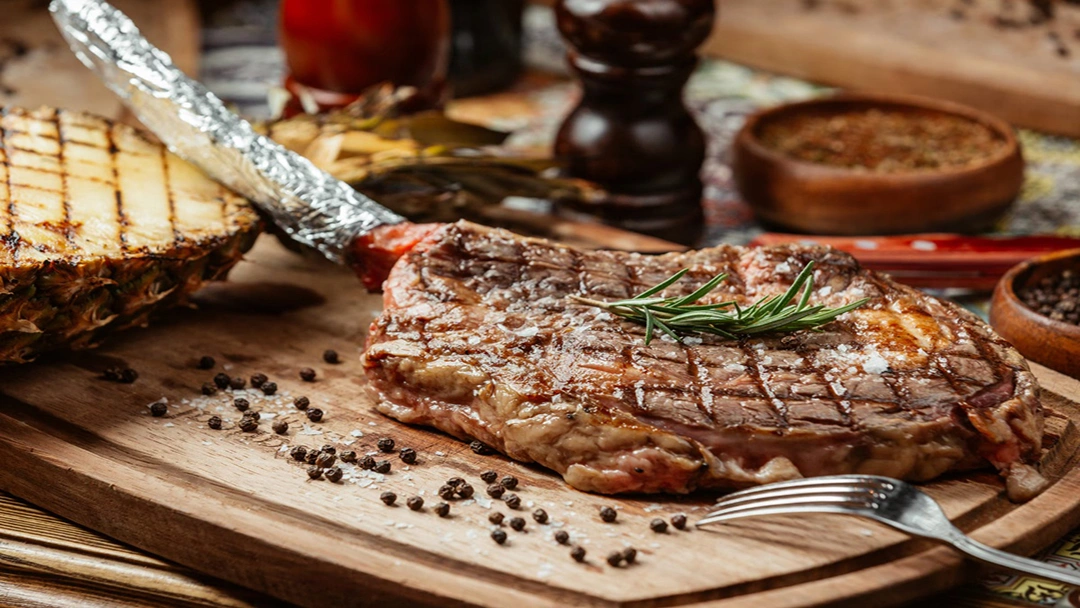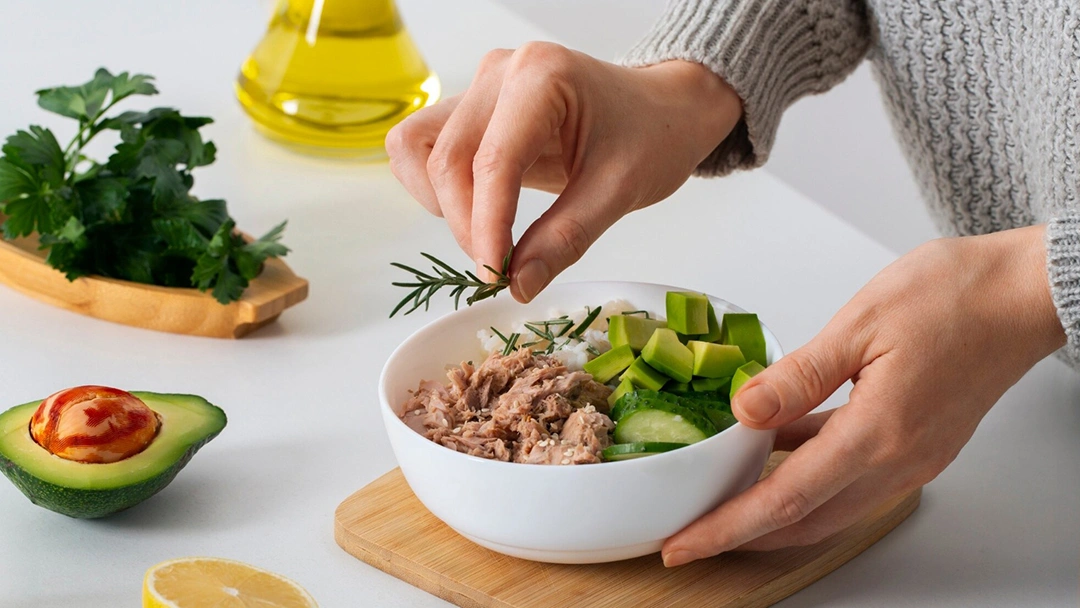Ground Beef 80/20 vs. 93/7
Ground meat is used in many recipes, so you should know the differences between various types to choose the best one for your meals and diet.
When comparing ground beef 80/20 vs. 93/7, we can find many differences between them, especially in their:
- Texture,
- Taste,
- Cost and Availability, and
- Nutrients.
Texture
- Ground beef 80/20: It’s juicier and more tender because the fat melts during cooking and keeps the meat moist. It makes the 80/20 ground beef ideal for recipes like burgers, meatballs, or other dishes that should have a juicy texture.
- Ground beef 93/7: It has a leaner and firmer texture than 80/20 ground beef. With less fat, it can be drier and chewier, especially if overcooked, but it’s a good option for dishes like meatloaf, where you don't want excess fat.
[cta-meetings]
Taste
- Ground beef 80/20: It offers a rich and savory flavor, with a higher fat content boosting the taste and making the meat more flavorful and juicy. As the fat melts during cooking, it provides additional fatty flavor.
- Ground beef 93/7: When comparing ground beef 80/20 vs. 93/7 based on taste, we find that 93/7 has a milder taste than 80/20. The lower fat results in a leaner taste, as 93/7 ground beef may not be as juicy or flavorful as 80/20, but it’s still tasty.
Learn More: Can I Eat Cheese on Carnivore Diet? The Best & Worst Cheese
Cost and Availability
- Ground beef 80/20: It's generally more affordable than leaner options like 93/7 because the higher fat content makes it cheaper to produce, as fattier cuts of meat are usually less expensive than leaner cuts. Also, it’s widely available in most grocery stores and supermarkets, and you can find it in various package sizes, from small packs to bulk options.
- Ground beef 93/7: Ground beef 93/7 is generally more expensive than 80/20 because the leaner meat requires more processing, which increases production costs. While it’s available in most grocery stores, it may not be as widely available as 80/20. However, its availability has increased with the growing demand for healthier meat options.
Nutrients
Ground chuck (80/20) contains more fat and calories than 93/7 but has lower protein. In 100 grams of 80/20 ground beef (ground chuck), there are about [1]:
- Calories: 254 kcal,
- Fat: 20 g,
- Protein: 17.2 g, and
- Carbohydrates: 0 g.
[cta-meal-plan]
However, consuming 100 grams of ground beef 93/7 provides about [2]:
- Calories: 152 kcal,
- Fat: 7 g,
- Protein: 20.8 g, and
- Carbohydrates: 0 g.
To easily compare ground beef 80/20 vs. 93/7, you can take a look at the following table summarizing their differences.
Each type of ground beef has different nutritional values and uses in recipes. Knowing it can help you make more nutritious dishes based on your diet and body’s needs.
Learn More: Ground Beef 80/20 vs. 85/15: Which One Is Better?





























